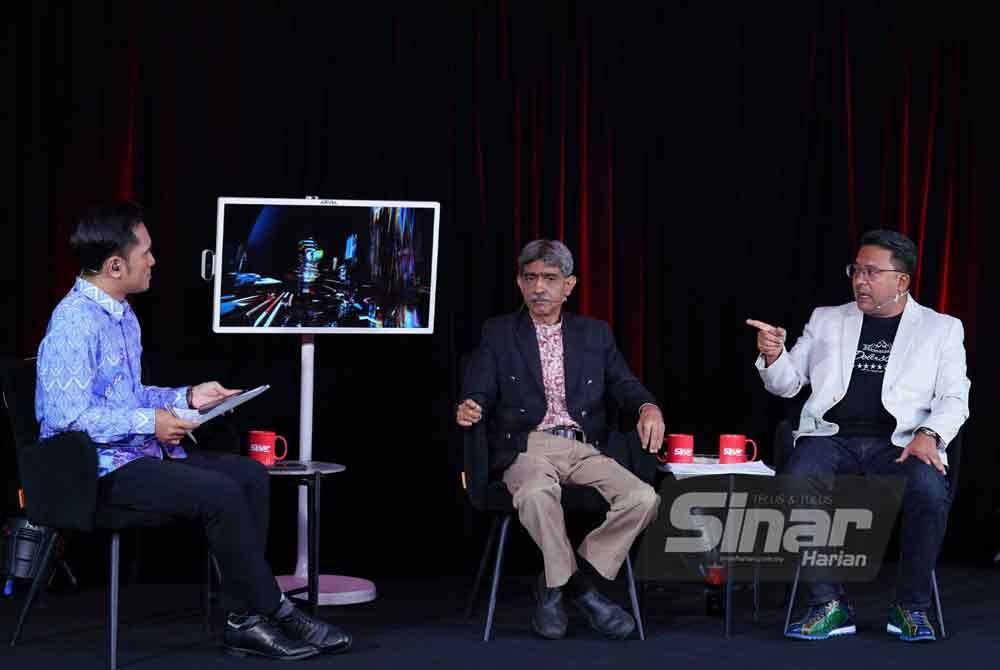SHAH ALAM - The power of pardon vested in the Yang di-Pertuan Agong is absolute and unrestricted by any existing laws, including the house arrest law currently being drafted by the government.
Senior lawyer Mohamed Haniff Khatri Abdulla emphasised that this absolute power of pardon has been held by the Sultans and Malay Rulers long before Malaysia's independence on August 31, 1957.
After the country gained independence, this power was enshrined in the Federal Constitution and it remains unimpeded by any laws.
"Even if the 16th Yang di-Pertuan Agong, at the time, declared that the remaining sentence of a prisoner would be served from the royal palace, it is valid because His Majesty's authority cannot be hindered by any existing laws or those being drafted by the government," he said.
This was one of the key points discussed when he was asked about the validity and enforceability of the Royal Addendum sent to the Attorney General’s Chambers (AGC) on January 29, 2024, without presentation to or advice from the Pardons Board.
Haniff Khatri shared these views during the 471st edition of the Wacana Sinar, titled "Titah Adendum: Constitutional or Political Crisis" yesterday.
The programme was hosted by Ismail Adnan and featured a panelists, including the Commissioner of the Human Rights Commission of Malaysia (Suhakam) Datuk Hasnal Rezua Merican and a practicing lawyer.
He also commented on the pardon granted to former prime minister Datuk Seri Najib Razak, suggesting that it set a precedent that appears to reflect double standards.
"Prominent figures receive such pardons and releases, while ordinary people may not even have the chance to apply.
"However, this is the King's prerogative. If the public is dissatisfied with this power, they should pressure their representatives to bring about a constitutional amendment, particularly to Article 42 of the Federal Constitution, to impose limits on the King's power of pardon," he said.
Haniff Khatri argued that as long as the public hesitates to demand action from their representatives, the issue will persist.
"Why are people not brave enough to do so? In 1993, amendments were made to the Federal Constitution that reduced the immunity of the Malay Rulers.
"If that could be done then, why is there reluctance and fear now?
"Whether parliamentary support is fragile or not, that is not the people's problem," he said.
He further stated that if Members of Parliament lack the courage to take action, they could be considered "cowards" who fail to fight for the rights of the people.
Nonetheless, Haniff Khatri pointed out that Malaysia's legal and pardon system is more favourable than that of other countries, including the United States, which is often regarded as just and democratic.
"In early December last year, US President Joe Biden granted a full pardon to his son Hunter, who faced charges related to tax evasion and firearm purchase violations. Was that not valid? His actions were permitted under the US Constitution. There was no uproar over conflict of interest, but the situation in Malaysia is different," he stated.


